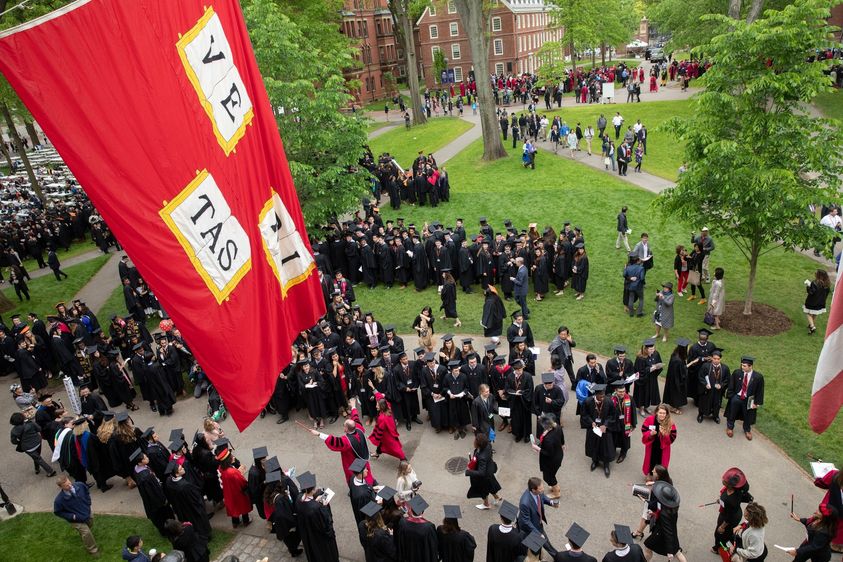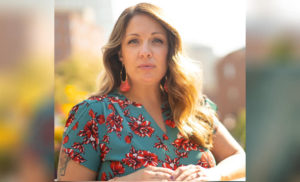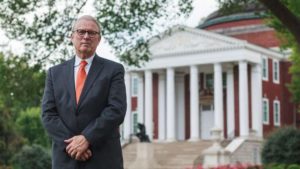Harvard’s interim president vows to hit antisemitism, self-censorship as Congress bears down
Harvard University’s interim president says he’ll attack both antisemitism and self-censorship at the Ivy League school.
“What I have found the most disturbing of all are situations or…

Harvard University’s interim president says he’ll attack both antisemitism and self-censorship at the Ivy League school.
“What I have found the most disturbing of all are situations or experiences students describe where they have felt they could not speak in class because there are attacks on Israel or maybe Israelis,” Alan M. Garber told The Harvard Crimson in his first comments since taking the post. “They feel unsupported in contradicting them.”
Garber acknowledged that attacks on Israel can be considered a form of antisemitism.
His comments may be an attempt to forestall further congressional oversight of the school. Congress is currently investigating Harvard after disastrous testimony by its then-President Claudine Gay and other university presidents turned a bright spotlight on the ugly trend of antisemitism on college campuses nationwide.
U.S. House Education Committee Chair Virginia Foxx, R-North Carolina, called Harvard’s response to congressional investigators “woefully inadequate” and “unacceptable,” and promised to investigate any universities that wink at antisemitism.
“We are going to do an examination of any universities that fail to address antisemitism. We are quite well aware of Cornell and Columbia,” she said, according to The Hill.
Foxx has threatened to issue congressional subpoenas to Harvard if it doesn’t improve its cooperation with the House Education Committee investigators.
Prior to The Crimson interview, Garber had announced two new panels that would look into causes of antisemitism and anti-Arab bias at the school. He said in a statement that the outbreak of conflict in the Middle East between Israel and Hamas has caused “feelings of uncertainty, abandonment, mistrust, and fear.”
“Reports of antisemitic and Islamophobic acts on our campus have grown, and the sense of belonging among these groups has been undermined. We need to understand why and how that is happening – and what more we might do to prevent it.”
Before the appointment of the new panel, The Crimson’s editorial board wrote that Harvard “could not even muster the moral courage” to address cases of bias on campus.
Harvard is currently searching for a permanent president after Gay resigned in the wake of plagiarism allegations that engulfed her as a result of her ill-fated congressional testimony. But being a major university president may not be such an appealing job, say experts.
“People are taking a little bit longer look at whether they want to jump into the furnace and operate in environments that are not necessarily conducive for their success or their institution’s success,” Zachary A. Smith, an executive partner in the education practice of executive search firm WittKieffer, told the Washington Post.
Nor is Harvard in any rush to fill the vacancy. Garber may end up with the job permanently if he can stop what The Crimson called Harvard’s practice of “ham-handed” public statements.
He didn’t rule out making the job permanent.
“I am happy to be serving as interim president at a time when Harvard is facing a number of crises,” Garber said. “I am happy in my current position. I’ll just leave it at that.”



